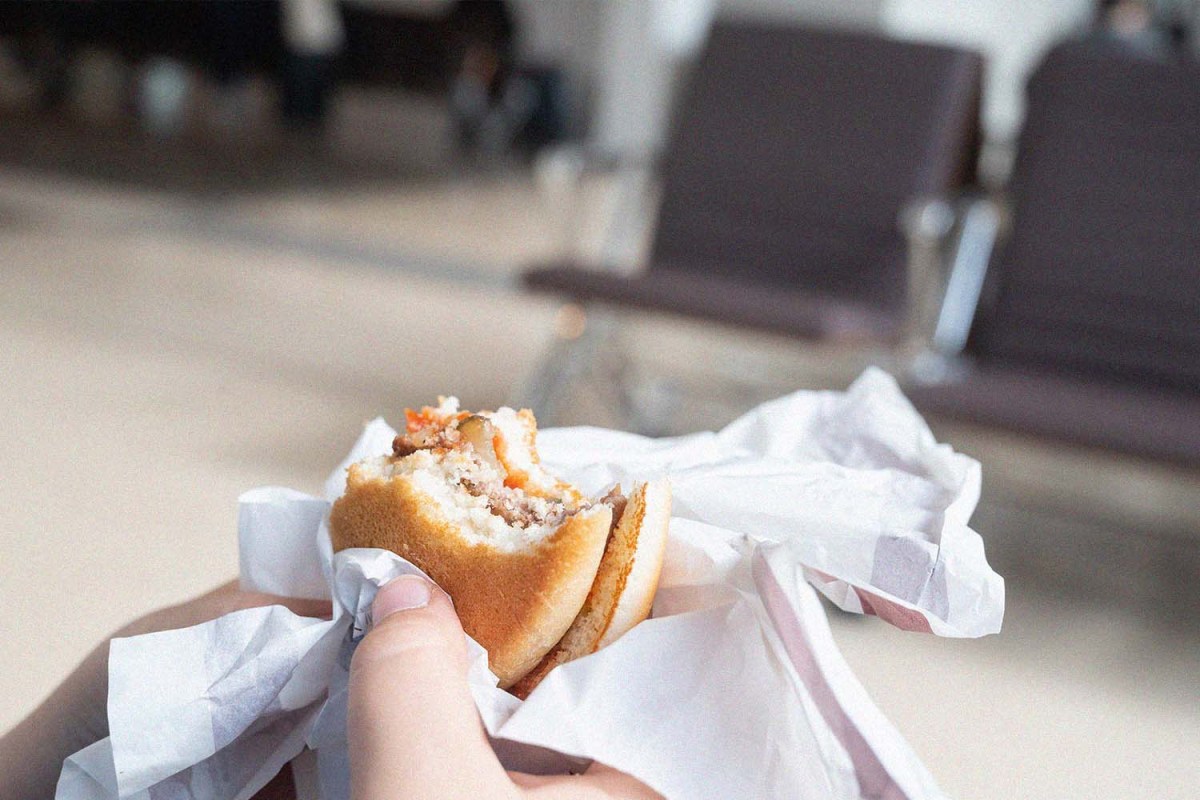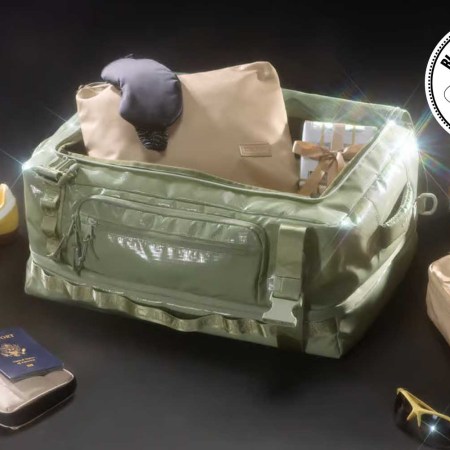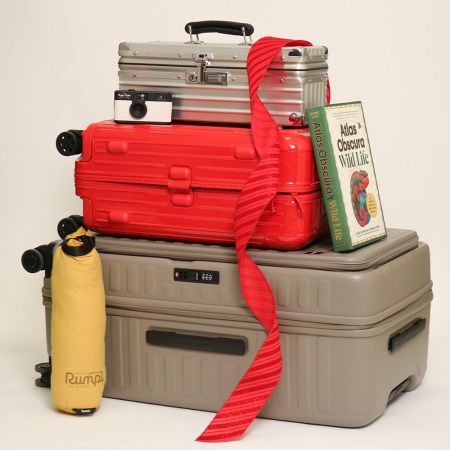Earlier this month, it was reported that a passenger traveling from Bali, Indonesia to Australia was fined $1,874 after they were found to have two undeclared egg and beef sausage McMuffins and a ham croissant in their luggage upon arrival. The fine, Australia’s minister for agriculture, fisheries and forestry noted, was “twice the cost of an airfare to Bali.”
A few days before that, in an unrelated incident, an Australian traveler was handed a fine of $1,844 for failing to declare a leftover Subway sandwich she bought in Singapore. (For context, the average Subway sandwich costs somewhere in the vicinity of $5-$8.)
They may read like isolated (and extreme) incidents, but it happens more often than you may think. In fact, per a report from CNN Travel, border officials conducted “630,150 positive passenger inspections” in 2021 and issued thousands of subsequent penalties and violations to those who didn’t declare banned food items. Further, failure to declare food products at U.S. air, sea and land border entry points can lead to fines of up to $10,000.
So what is it that you need to know, so as to not get fined more than 360 times the cost of your airport sandwich?
First, the reason: these controls are meant to prohibit the introduction of pests and food-borne illnesses into the country. In 2021, 264 pests were found at U.S. points of entry. As Faith Karimi points out, “[It] can have a devastating effect on agriculture and the environment. And a pest or disease outbreak could impact more than just farmers. It also means higher grocery bills and shortage of some food items for consumers.”
As far as what food products are allowed, it’s largely dependent on the country of origin, though anything that contains meat, poultry, milk and/or eggs is generally not. That said, in some cases, if the meat is cooked, it’s considered fair game.
Per the U.S. Customs and Border Protection’s website, condiments; olive and vegetable oils; bread, cookies, crackers, cakes, granola bars, cereal and other baked and processed products; candy and chocolate; cheese (solid cheese that does not contain meat); liquid milk and milk products intended for use by infants or very young children; commercially packaged juices; tea; spices (with the exception of orange, lemon, lime and other citrus leaves and seeds, lemongrass, and many vegetable and fruit seeds); noodles and ramen; flour; mushrooms; roasted nuts; and bakery items, candy, chocolate and dry mixes containing dairy and egg ingredients commercially labeled and presented in final finished packaging are all allowed, so long as they’re in reasonable quantities (less than 50 pounds).
And if you’re unsure? Just declare it. They’ll either let you take it without incident or, in the worst case scenario, they’ll destroy it. But in either instance, you won’t be saddled with a $1,800 fine.
Thanks for reading InsideHook. Sign up for our daily newsletter and be in the know.


















